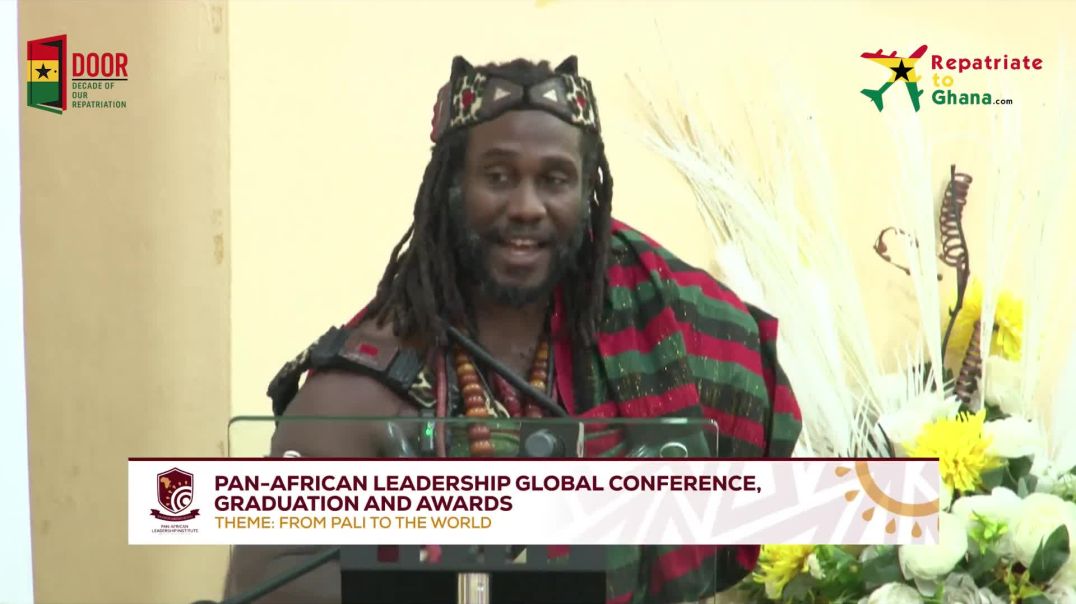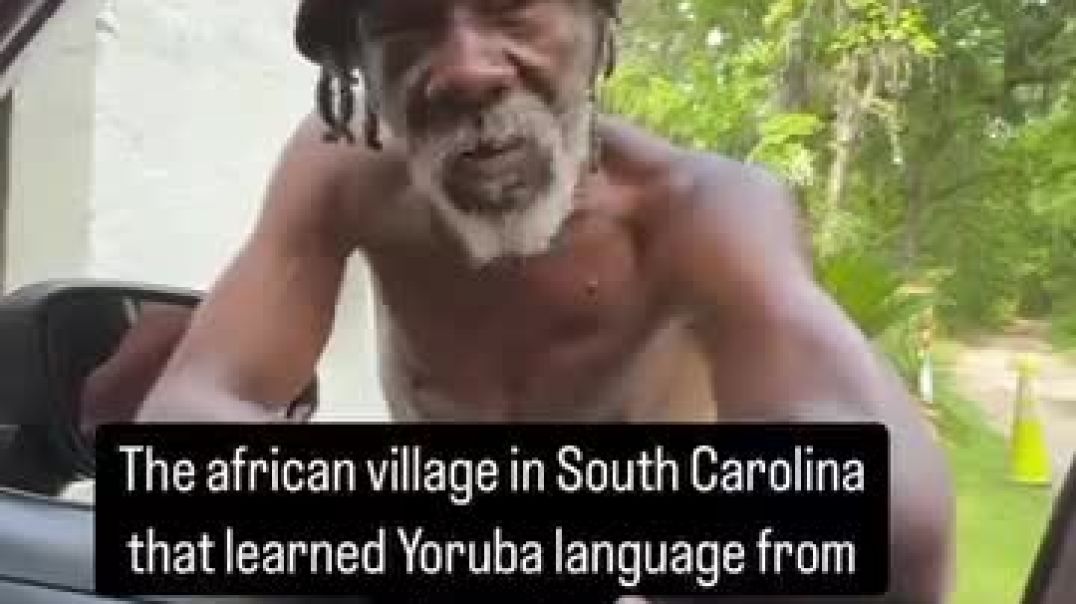- General Videos
- Music
- Economics
- Health
- Travel & Events
- History
- Psychology
- Spirituality
- Movies
- News & Politics
- Kmtyw Combat Sciences
- Ɔbenfo Ọbádélé Kambon Videos
- Ɔbenfoɔ Kamau Kambon: Black Liberation Philosophy
- Science, Tech, Engineering and Math
- Permaculture
- Self-Sustainability
- Living Off Grid
- Yoruba Language Learning
- Education
- Mmɔfra Adesua
- Nana Kamau Kambon Playlist
- Livestream
- Komplementarity Kouples and Revolutionary Singles
- Abibitumi Film Series
- Decade of Our Repatriation
- Live
Akan Ananse Stories, Yorùbá Ìjàpá Tales, and the Dikènga Theory: Worldview and Structure
Abstract: Is it possible to use endogenous Afrikan cosmological, philosophical, theoretical, and conceptual frameworks to analyze indigenous Afrikan phenomena? Why should one even try? In this presentation, it is argued that such analyses are not only possible and plausible, but they are imperative. It is further argued that just such frameworks can add insight to our understanding of the structure of Akan Ananse and Yorùbá Ìjàpá stories and the shared Afrikan worldview from which they arise. According to Fu-Kiau, "nothing exists that does not follow the steps of the cyclical Kongo cosmogram " (Fu-Kiau 1994: 26). This bold hypothesis is tested in this study by applying Dikènga, the cosmogram of the Bakôngo, to an oral (and/or written) literary analysis of the structure of Akan and Yorùbá stories. This application is what we term the "Dikènga theory of literary analysis." We find that this theoretical framework can help us shift away from concepts of "storylines" and "timelines" to reveal the patterned and cyclical nature of material and immaterial phenomena and to deepen our understanding of these stories as manifestations of a shared African worldview. As such, the aim of this presentation is to highlight parallels between Akan Ananse Stories and Yorùbá Ìjàpá tales. Further, connections are made with regard to function and content of Akan and Yorùbá stories using Dikènga, the cosmogram of the Bakôngo, as a tool for oral literary analysis revealing intertextual parallels (Ọ Kambon, 2017). We highlight six (6) sets of stories common to both Akan and Yorùbá people differentiated primarily by the main character being the spider or the tortoise, respectively. Furthermore, we show how the stages of transformation of any story can be gainfully analysed using the proposed Dikènga theory of literary analysis.
March 17, 2021, 11 AM Nigeria Time
University of Lagos
Duration: 1 hour, 26 minutes, 12 seconds
61 Slides!





















